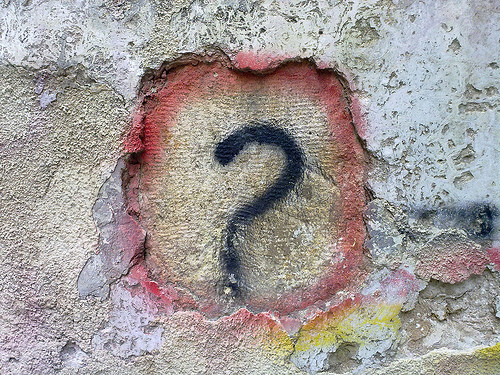 The Journal of Biological Chemistry has a fairly gory correction — we’d call it a mega-correction — for a 2010 paper by Levon Khachigian, an Australian researcher whose studies of a new drug for skin cancer recently were halted over concerns about possible misconduct, including image manipulation. As we reported earlier this year, Khachigian has already lost four papers, including one in the JBC — which the journal simply noted had “been withdrawn by the authors.”
The Journal of Biological Chemistry has a fairly gory correction — we’d call it a mega-correction — for a 2010 paper by Levon Khachigian, an Australian researcher whose studies of a new drug for skin cancer recently were halted over concerns about possible misconduct, including image manipulation. As we reported earlier this year, Khachigian has already lost four papers, including one in the JBC — which the journal simply noted had “been withdrawn by the authors.”
The new correction involves the article “c-Jun regulates shear- and injury-inducible Egr-1 expression, vein graft stenosis after autologous end-to-side transplantation in rabbits, and intimal hyperplasia in human saphenous veins,” which Khachigian wrote with Jun Ni and Alla Waldman. The paper has been cited nine times, according to Thomson Scientific’s Web of Knowledge. Here’s the notice: Continue reading JBC issues correction for paper by Khachigian, who has had four others retracted


